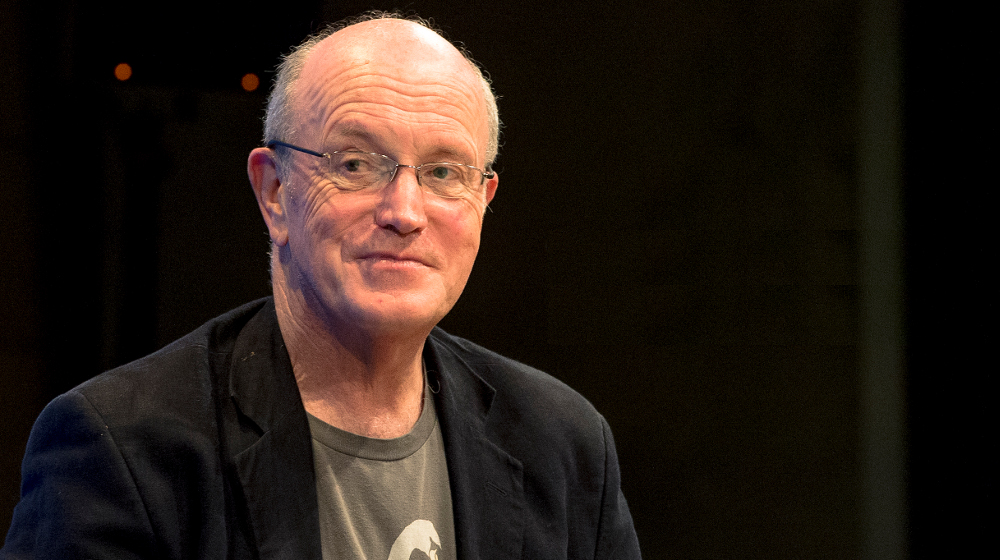Drawing on 20 years of work on the urban transformation of el Raval, we focused on the process of regeneration in this neighbourhood, and in particular on how a diversity of everyday temporal practices interact, contest and align themselves with institutional times in urban regeneration projects.
Public Lecture by the writer Ian Sinclair: “The last London: A City Abolished” as part of the Timescapes event.
http://www.cccb.org/en/multimedia/videos/the-last-london-a-city-abolished/225506#
Workshops:
Monica Degen (Brunel University London) introduces the event. Building on our previous workshop in London, where we compared the regeneration of Barcelona and London, this one hones in on the el Raval neighbourhood bringing together a variety of urban professionals and academics. We examine from a temporal perspective the process of regeneration in this neighbourhood, and in particular on how a diversity of everyday temporal practices interact, contest and align themselves with institutional times in urban regeneration projects. We are especially interested in thinking through how different temporal attachments and uses of space developed by locals, new migrants and tourists frame, support or disrupt urban renewal processes and communal living. Do we need to conceptualise urban planning and urban citizenship in new ways? As Sandercock (2003) asks: “how can ‘we’ (all of us), in all our differences, be ‘at home’ in the multicultural and multiethnic cities of the 21st century?”
Welcome and introduction to event by Monica Degen: “Timescapes of Urban Change” and Miquel Fernandez (Universidad Autonoma de Barcelona): “Recuerdos del Futuro: imaginarios del Raval”
Abdou Maliq Simone (Max Plank Institut, Göttingen) “Time after Time: Experiments with Duration and Endurance in urban Southeast Asia”

